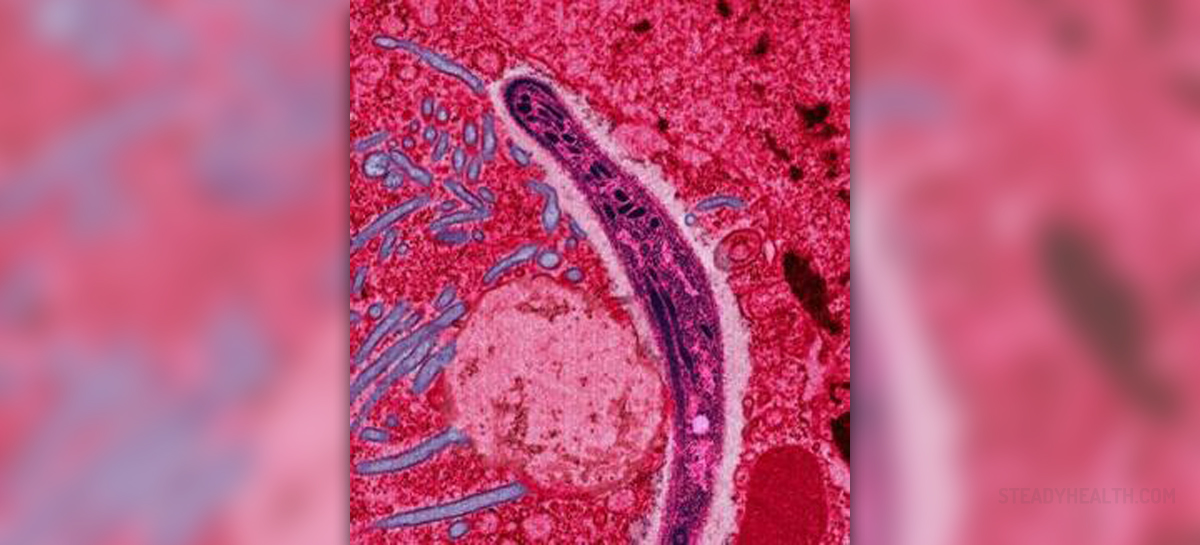
Malaria is a disease common in tropical and subtropical areasof the world. In most cases, the cause of the disease is Plasmodium falciparumand some statistics reveal that there are 1.500 new cases every year and 12 ofinfected people die.
How to Prevent Malaria
People must be aware of the risk of being bitten by amosquito transmitting malaria. This risk mainly depends on the time of the yearand the country you are going to visit. Preventive medications are required ifyou are traveling to the area in which malaria is common, such as North Africa,Sub-Saharan Africa, Middle East, South and South East Asia, Latin America andthe Caribbean and Oceania.
Avoiding mosquito bites is another precautionary measure tofollow. Mosquitoes are usually active at night and at twilight, so you shouldsleep in air-conditioned rooms, which are screened with gaze on the doors andwindows and have mosquito net on the bed. These materials should also be impregnatedwith permethrin or pyrethrum insecticides.
Mosquito repellents are also beneficial and may prevent malaria,especially those which contain diethyl toluamide or DEET. This repellent isconfirmed to be safe to use even in children and pregnant women, since it hasbeen in use for 50 years already. You may also find some other products on themarket without DEET and these are Bayrepel, Formual ad Mosiguard. Although lessefficient, people also use lemon eucalyptus oil on the skin to protectthemselves from mosquitoes.
Malaria - Prevention Drugs
It is important to choose appropriate anti-malarial medicationfor the region you are going to visit. Parasite Plasmodium falciparum responsiblefor malaria is found to become resistant to chloroquine in South America, SouthEast Asia, Indian subcontinent and sub-Saharan Africa. Combination of chloroquineand proguanil was efficient some 10 years ago, but now it is not recommended tobe used in Africa.
Chloroquine is therefore recommended to be used incombination with another anti-malarial drug proguanil in the areas of increasedrisk of chloroquine resistance and this is still recommended to travelers toIndian subcontinent and some other regions of the world. Chloroquine should betaken every week, starting one week before the start of the journey and for 4weeks after you leave the malarious area.
Doxycycline, Malarone and mefloquin are similarly efficientagainst malaria. Doxycycline should be taken every day and one should start 2days before the travel and use it 4 weeks after the journey. Malarone long termuse must be overseen by a specialist and the drug is recommended to be usedwith fatty food or milk products to improve absorption. Treatment should startseveral days before the travel but it usually lasts for a week after you endthe journey through malarious region.
Mefloquine is effective in areas of chloroquine resistance,but there have been reports of unwanted side effects of this drug. Adversereactions may include: sleep problems, abnormal dreams, mood shifts andparanoia. The course of treatment should start 3 weeks before the travel tomalarious area and the drug is recommended to be taken once per week. Such along period enables the doctors to notice any unwanted effects and change thedrug if necessary, but in the same time this is sufficient time to establish protectivelevel of the drug in the body. The treatment lasts 4 weeks after you leavemalarious area.


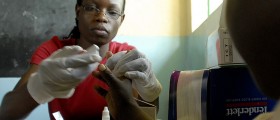


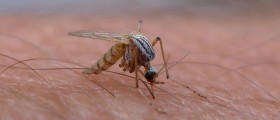
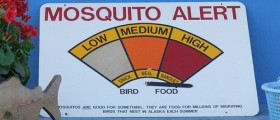

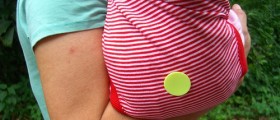
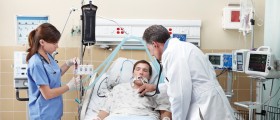

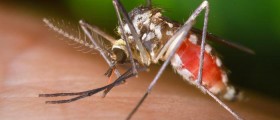
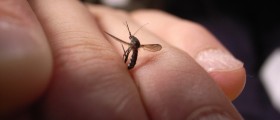
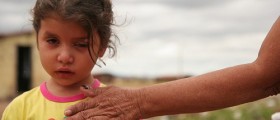

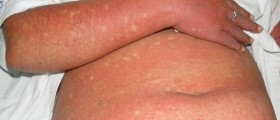
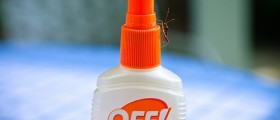
Your thoughts on this
Loading...